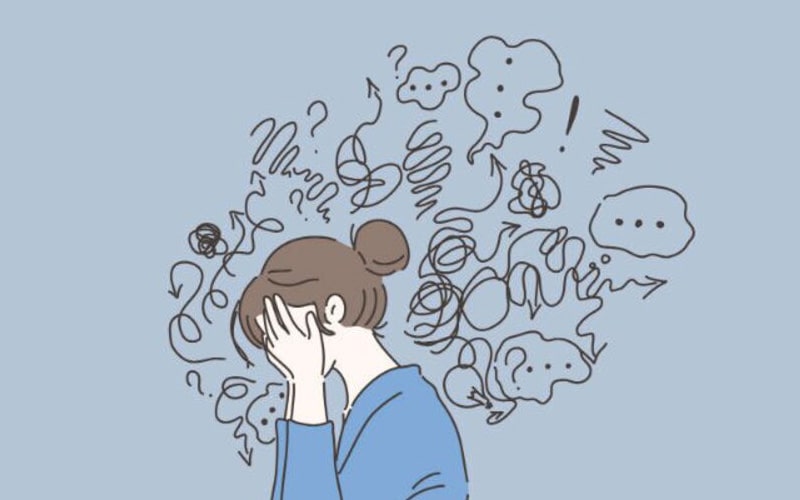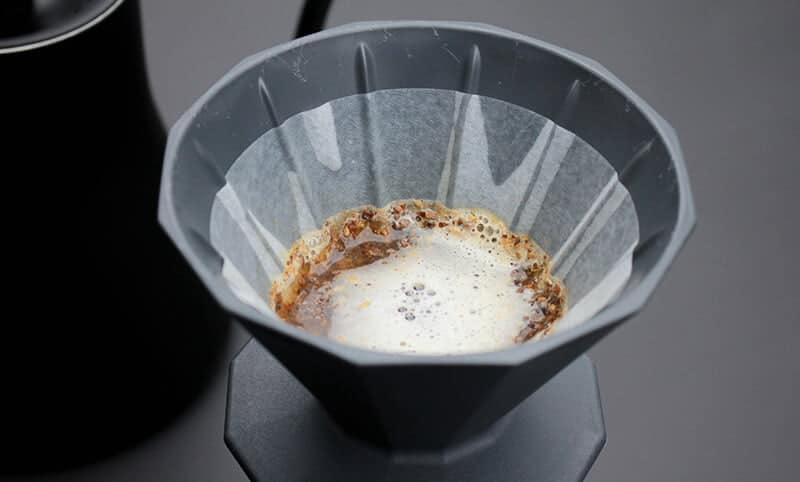How does using coffee control the incidence of depression?
– TASTE THE ORIGIN –
According to statistics, coffee consumption demand is always high and increases rapidly each year. Therefore, the impact of drinking coffee on health is of special concern to experts. In the past few decades, a series of studies exploring the relationship between coffee and diseases have been conducted under the cooperation of many scientists around the world. Most evidence proves that regular coffee consumption can reduce the risk of diseases such as type 2 diabetes, chronic liver disease, stroke, and cancer. Besides, some studies also show that coffee can control the incidence of depression – one of the mental health diseases. Explore this topic with 43 Factory Coffee Roaster!
Depression is harmful to health and life
Depression or depressive disorder is classified by medical experts as a common and serious medical illness that negatively affects how you feel, think and act. It can lead to many emotional and physical problems and can reduce the ability to function and work. Many studies from 2016 – 2021 show that depression can lead to a decrease in physical health and increased mortality. Furthermore, it often persists as a chronic disease, which is more likely to lead to adverse health outcomes and poor quality of life. Given the increasing prevalence and far-reaching consequences of depression and anxiety, identifying modifiable risk factors to prevent or reduce the risk of depression and anxiety occurring is the essential choice that is given high priority.
Scientists note that signs of depression must last at least two weeks and must show a change in the level of previous activities. It can vary depending on mild to severe including symptoms such as:
– Feeling sad or depressed;
– Loss of interest or pleasure in activities that were once enjoyed;
– Change in appetite – weight loss or gain unrelated to diet;
– Difficulty sleeping or sleeping too much;
– Loss of energy or increased fatigue;
– Increased aimless physical activity (for example inability to sit still, pacing, wringing of arms) or slowed movements or speech (these actions must be severe enough to be observable by others);
– Feeling worthless or guilty Difficulty thinking, concentrating or making decisions;
– Thoughts of death or suicide.

Depression is classified by medical experts as a common and serious medical illness
Coffee can control the incidence of depression
A study published in the journal Psychiatry Research examined whether coffee consumption has a positive impact on mental health in more than 152,000 people. Among them, 19% said they did not drink any coffee, 23% only drank one cup, 33% drank 2-3 cups per day and the remaining 25% said they drank more per day. Results found that participants who consumed about three cups of unsweetened coffee per day had the lowest risk of depression and anxiety.
The reason why coffee helps reduce the incidence of depression may be due to its abundant caffeine content. Because caffeine is believed to have an impact on mental health. 2020 experimental evidence suggests that caffeine is a central nervous system stimulant, affecting emotions and cognitive function by blocking adenosine receptors and increasing dopamine. Several research reports in 2015 and 2021 also found a positive association between coffee consumption and common mental disorders.

Coffee helps reduce the incidence of depression possibly due to its abundant caffeine content
How does using coffee control the incidence of depression?
Research findings show that moderate daily coffee consumption, especially 2–3 cups of unsweetened coffee, may help reduce the risk of depression. However, when looking deeper, scientists also found that people who drank more than six cups had a significantly higher risk of depression.
In addition, they also note that mental health conditions and treatments, as well as caffeine tolerance, may vary from person to person. Methods that may work for one person may not work for another. If you have any concerns about your mental health, it is best to see a health professional.

Consuming 2 – 3 cups of unsweetened coffee per day can help reduce the risk of depression
Through research results, we can determine that coffee has the potential ability to support mental health. However, for drinking coffee to be good for the mind, body, and soul, it is necessary to pay attention to the quantity and quality of coffee. If you want to use quality specialty coffee beans, choose XLIII Coffee – a brand developed by 43 Factory Coffee Roasters!
Related articles:
– The various types of tea have pain-relieving and muscle recovery benefits after exercise.














